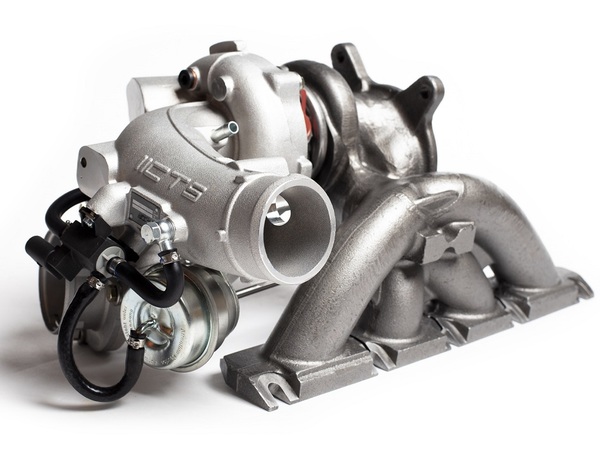Enhancing Performance: Turbochargers in Audi, BMW, and Volkswagen Vehicles
Turbochargers have become increasingly popular among car enthusiasts, especially in the world of performance tuning. Upgrading a turbocharger can lead to significant improvements in engine performance and efficiency. In this blog post, we will delve into the specifics of turbochargers found in Audi, BMW, and Volkswagen vehicles. Understanding how they work and the benefits of upgrading them will help you make informed decisions for optimal performance and reliability.
Audi, BMW, and Volkswagen are renowned for their high-performance, turbocharged engines. These manufacturers have embraced turbocharging technology for decades, with many models featuring turbochargers as standard equipment. For example, Audi’s TFSI engines, BMW’s TwinPower Turbo engines, and Volkswagen’s TSI engines all utilize turbocharging to maximize performance and efficiency.
How Do Turbochargers Work?
A turbocharger comprises three main components: the turbine, compressor, and center housing. The exhaust gas from the engine drives the turbine, which is connected to the compressor via a shaft. As the turbine spins, the compressor pressurizes the intake air, increasing its density. This allows the engine to combust a greater volume of air and fuel, resulting in increased power output.
Intercoolers, often found in Audi, BMW, and Volkswagen vehicles, cool the compressed air before it enters the engine, further increasing its density and improving combustion efficiency.
Upgrading Turbochargers in your Audi, BMW, or Volkswagen
Upgrading your turbocharger can result in improved performance, better fuel efficiency, and enhanced engine durability. However, several factors must be considered when upgrading a turbocharger for your specific vehicle.
- Turbocharger size and compatibility: Upgrading to a larger turbocharger may provide more power but can also result in increased turbo lag. It’s essential to choose a turbocharger that suits your engine’s characteristics and your driving preferences.
- Compressor and turbine wheel design: The design of the compressor and turbine wheels affects the turbocharger’s efficiency and performance. Research the various designs available and choose one that best matches your engine’s requirements.
- Bearing system: Upgrading the bearing system, such as using a ball bearing instead of a journal bearing, can reduce friction and improve turbocharger responsiveness.
- Matching your vehicle’s specific requirements: Ensure that the upgraded turbocharger is compatible with your vehicle’s ECU and other modifications.
Aftermarket options for Audi, BMW, and Volkswagen vehicles include popular brands such as Garrett, BorgWarner, and Precision Turbo. These manufacturers offer various turbocharger kits and components that cater to the specific needs of your vehicle.
However, upgrading a turbocharger may have some drawbacks. Increased lag, additional stress on engine components, and a possible decrease in fuel efficiency are some potential issues to consider.
Tips for Upgrading and Maintenance
Professional installation and tuning are crucial for ensuring optimal performance and reliability. Working with a reputable tuner familiar with Audi, BMW, or Volkswagen vehicles will help you achieve the best results.
Regular maintenance and monitoring are also essential to prevent premature wear and keep your turbocharged engine running smoothly. Pay attention to oil changes, cooling system maintenance, and other routine tasks.
Lastly, ensure that your upgraded turbocharger is compatible with any other modifications, such as exhaust systems and engine internals. This will help you avoid potential conflicts and problems down the road.


